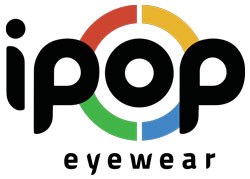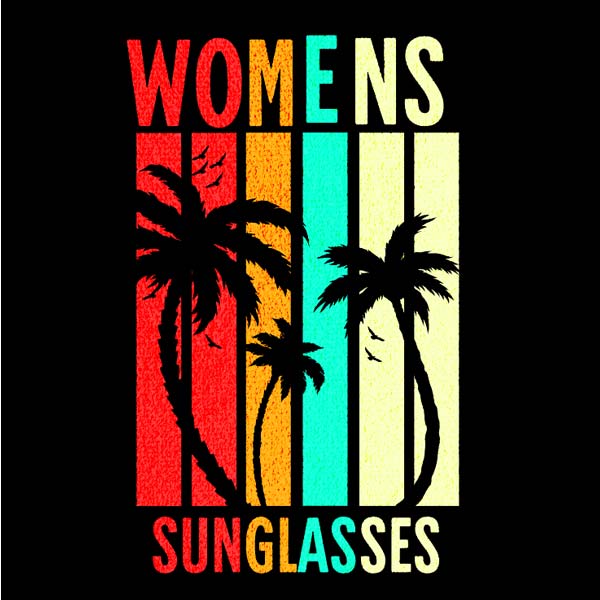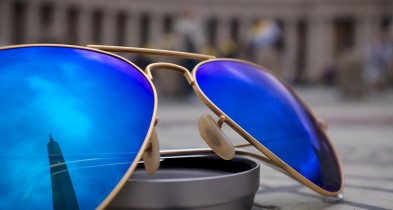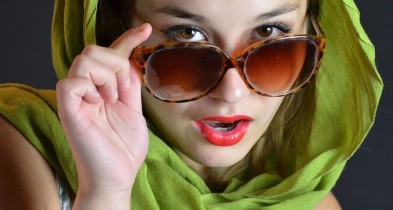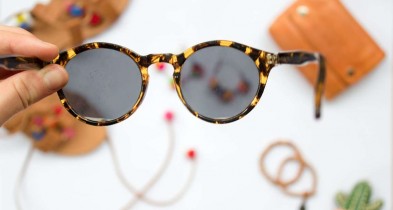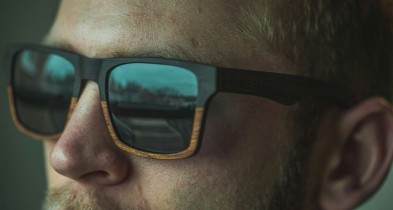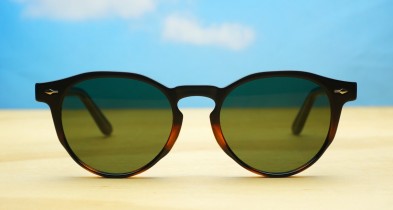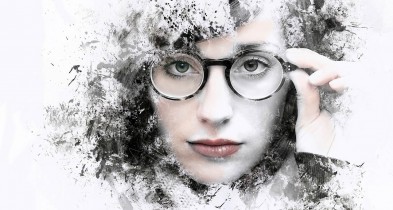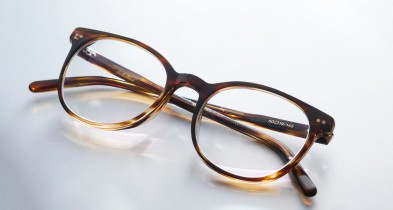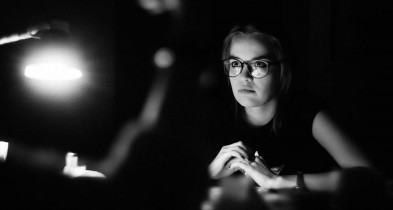-600x402w.jpg)
How Blue Light Glasses Work: A Guide to Protecting Your Eyes
Staring at screens late can leave your eyes dry and knackered. Sleep might feel off too after too much phone time. Loads of us are glued to devices these days, work or play, it adds up. Blue light from them hits our eyes and rest hard. That’s where blue light glasses step in. So how do they tick, and do they deliver? Let’s find out.
What Is Blue Light, and Why Does It Matter?
Blue light’s a high-energy type from screens, LEDs, and the sun. It’s got a short wavelength, packs a punch. Daytime blue keeps your sleep-wake cycle on track, perks you up. But at night, it’s trouble, cuts melatonin, the sleep hormone.
Ever stayed up scrolling or watching telly and couldn’t nod off? That’s blue light keeping you wired when you don’t want it.
How Blue Light Glasses Work: The Basics
Blue light glasses filter out some of that pesky light from devices. They’re built to catch it before it hits your eyes, especially handy in the evening. The lenses block or soak up blue light so it doesn’t mess with your rest.
I tried them after long workdays left my eyes sore. First day on, the strain eased up, felt good by bedtime.
Blocking the Blue
These glasses target blue light in the 400 to 500 nanometer range. That’s where the trouble lives. Lenses either bounce it back or take it in, less reaches you. Some focus just on the bad stuff, others grab more wavelengths.
They’re not like regular sunnies, those block broad light for outdoors. Blue light glasses zero in on screen glow.
The Benefits of Blue Light Glasses for Eye Strain
Long screen days bring dry eyes, blurry sight, headaches, digital strain’s a drag. Blue light glasses cut the light causing it. Your eyes get a break.
Last week, I clocked eight hours on the laptop. Wore my glasses, eyes felt way less heavy than usual. Not a fix-everything, but it’s noticeable.
How Blue Light Glasses Help With Sleep Quality
Nighttime screen light throws off melatonin, makes sleep tough. Blue light glasses worn late can soften that hit. Your body winds down better for rest.
I started using them evenings a while back. Sleep came quicker, felt deeper after a week. Now they’re a must for TV or phone time.
Are Blue Light Glasses a Miracle Cure?
They help with strain and sleep, but they’re not the whole answer. Good screen habits matter too, breaks, less late-night scrolling. Research backs them a bit, studies in Applied Ergonomics and Frontiers in Public Health show they ease discomfort and boost rest for night screen users. More proof’s still coming.
Additional Tips for Reducing Blue Light Exposure
Glasses aren’t your only move. Devices have night modes, flip them on to cut blue light. The 20-20-20 rule works too, every 20 minutes, look 20 feet away for 20 seconds. And ditch screens an hour before bed, rest improves fast.
You may also find this information from the Cleveland Clinic regarding how blue light glasses work interesting.
